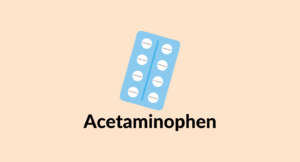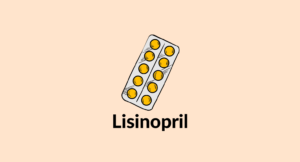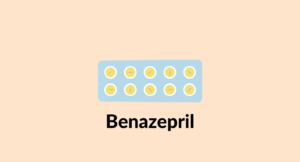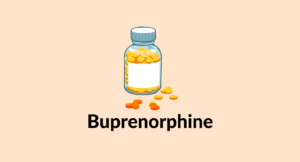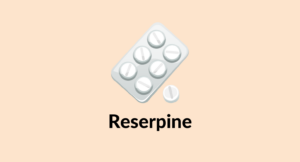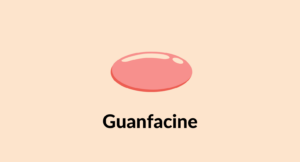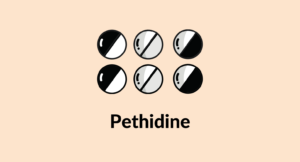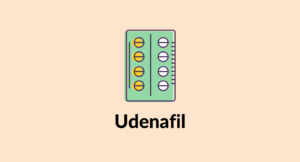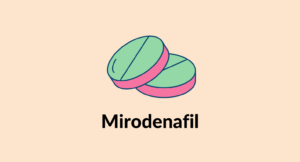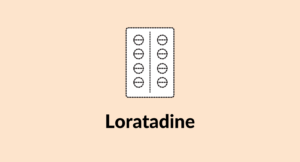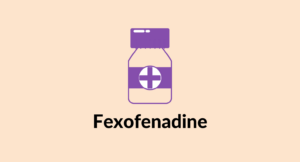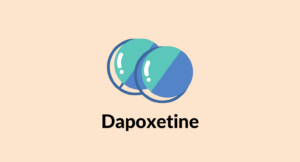Does CBD Interact With Enalapril Maleate (Vasotec)?
Cannabidiol (CBD) and the antihypertensive ACE inhibitor enalapril maleate, can have a moderate level of agonistic interaction if consumed together.
Enalapril maleate (Vasotec) is an antihypertensive of the angiotensin-converting enzyme (ACE) inhibitors class. It is used in treating high blood pressure, congestive cardiac failure, and chronic renal failure.
If you take cannabidiol (CBD) and enalapril maleate together, it can cause an interaction between them. This action may lead to enhanced effects of both the drugs but may also give them the leeway to cause more side effects as well.
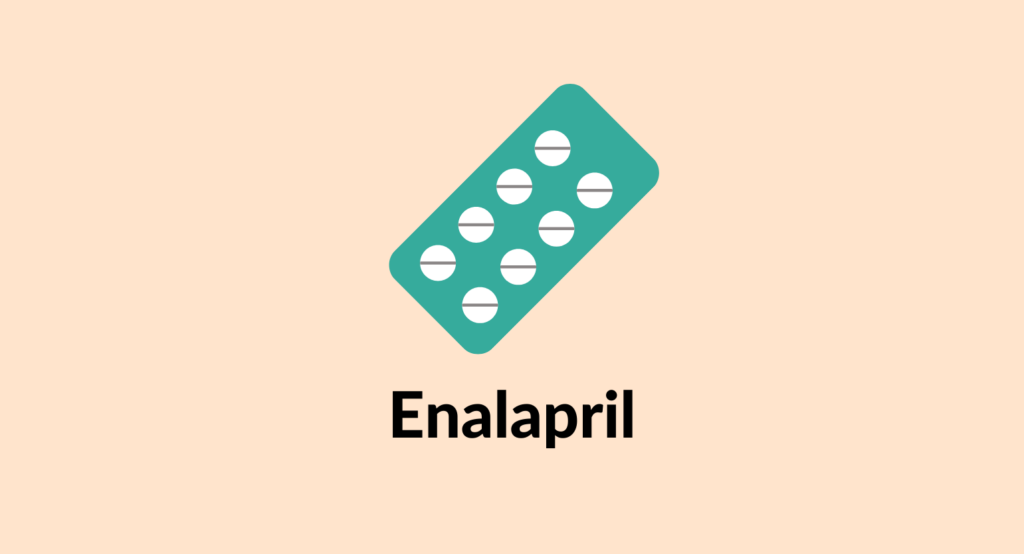
Does CBD Interact With Enalapril Maleate (Vasotec)?
Yes. CBD can interact with the enalapril maleate (Vasotec). Their interaction is considered mild to moderate.
CBD and enalapril maleate can have an agonistic interaction. It means taking them together could increase enalapril’s antihypertensive effects to levels higher than normal. It could cause side effects like a sudden decrease in blood pressure, headache, and fainting.
CBD can interact with enalapril maleate in two ways:
A. CBD Can Increase Enalapril Maleate’s Effects (Agonistic Interaction)
Agonistic interactions occur when two substances with similar effects on the body are consumed together, making their effects more potent — a possibly dangerous situation.
Enalapril maleate is an antihypertensive that inhibits the angiotensin-converting enzyme (ACE) and stops the conversion of angiotensin I to angiotensin II. This causes a decrease in blood pressure.
CBD can also decrease blood pressure by acting on the endocannabinoid system.
Since both these drugs are involved in reducing blood pressure, taking them both together for a long time may cause a drop in blood pressure that is abnormal and possibly dangerous and puts the user at an increased risk for side effects.
B. CBD May Slow Down Enalapril Maleate’s Metabolization (Metabolic Competition)
Enalapril and CBD can be metabolic competitors as well.
Metabolic competition occurs when two substances need the same enzymes for metabolism. This causes them to fight each other for the said enzymes, which may cause a slowdown in their metabolism.
Enalapril is metabolized by the CYP3A4 enzyme of the cytochrome P450 family. This same enzyme metabolizes CBD too. Taking them together can cause over-accumulation of both drugs in the body, which can reach dangerous levels over time.
Similar Medications: CBD & ACE Inhibitors
Enalapril maleate is an angiotensin-converting enzyme inhibitor. CBD and ACE inhibitors all share similar risks for interactions and side effects.
Here’s a list of similar medications that share a similar level of risk when combined with CBD:
- Benazepril hydrochloride (Lotensin)
- Fosinopril sodium (Monopril)
- Lisinopril (Prinivel & Zestril)
- Moexipril (Univasc)
- Perindopril (Aceon)
- Quinapril Hydrochloride (Accupril)
- Ramipril (Altace)
- Trandolapril (Mavik)
Is It Safe to Take CBD & Enalapril Maleate (Vasotec) Together?
There is a possibility of a moderate level of interaction between CBD and enalapril maleate. Long-term medication and high dosage may cause the condition to worsen.
As both drugs can act as antihypertensives, they could cause a rapid drop in blood pressure in the body, accumulate more, and cause even more side effects.
Do not take these two medications without consulting your prescribing physician first. If you encounter any unusual side effects, get medical attention immediately.

Is CBD a Viable Alternative to Enalapril Maleate (Vasotec)?
CBD is not a perfect alternative for enalapril maleate (Vasotec). Both drugs possess antihypertensive abilities, but CBD is not as potent an antihypertensive as enalapril is
CBD works on the CB1 receptors in the endothelium and can lower blood pressure by releasing nitric oxide that can dilate blood vessels [1].
CBD can also help patients who have high blood pressure and tachycardia [2].
CBD’s anti-inflammatory and antioxidative properties may also help in inflammatory conditions which can be the result of high blood pressure [3].
Hence, CBD can be a good adjunct to hypertension treatment, but may not work as well enough in severe conditions.
What is Enalapril Maleate (Vasotec)?
Enalapril is an antihypertensive belonging to the angiotensin-converting enzyme (ACE) inhibitor drug class. Vasotec is one of its commonly used brands. It is also used to treat diabetic kidney disease and heart failure.
It is FDA-approved and available as a prescription drug.
Enalapril Maleate (Vasotec) Specs:

| Drug Name | Enalapril Maleate |
| Trade Name | Vasotec, Acepril, Anapril, Angipril, E card, Enace, Enalap, Enam, Enap, Encardil, Enil, Envas, Envor, Epaned, Hytrol, Nuril, Q pil, Vaseretic |
| Classification | Angiotensin-converting enzyme (ACE) inhibitor |
| CYP Metabolism | CYP3A4 |
| Interaction With CBD | Agonistic, Metabolic competition |
| Risk of Interaction | Moderate |
Other Names For Enalapril Maleate (Vasotec)
Enalapril maleate is sold under many different names. All share the same risk and potential interactions.
Other names for enalapril maleate (Vasotec) include:
- Acepril
- Anapril
- Angipril
- E card
- Enace
- Enalap
- Enam
- Enap
- Encardil
- Enil
- Envas
- Envor
- Epaned
- Hytrol
- Nuril
- Q pil
- Vaseretic
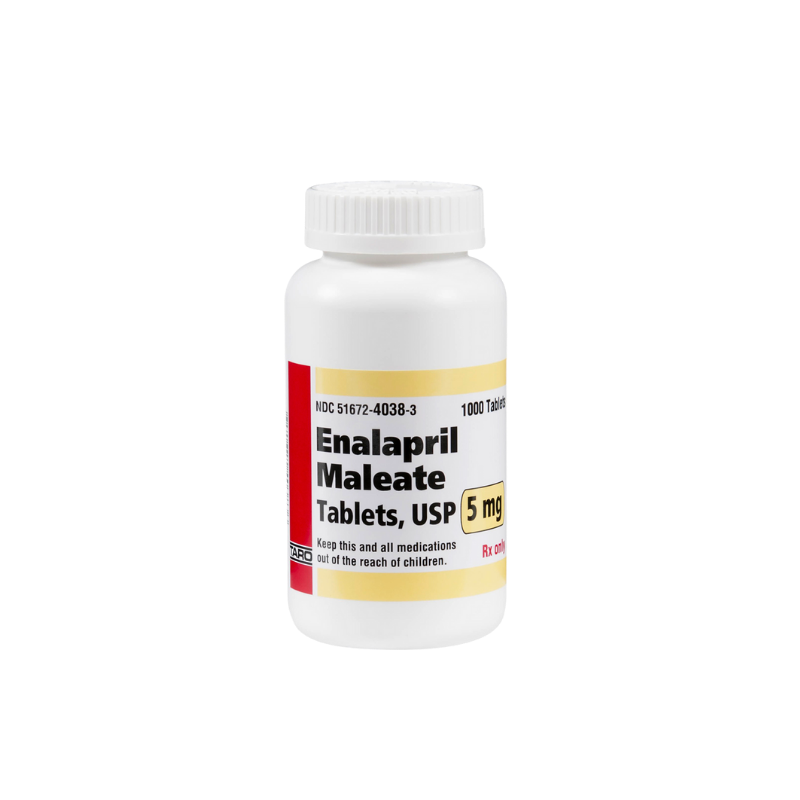
What Does Enalapril Maleate (Vasotec) Do?
Enalapril maleate works on the renin-angiotensin-aldosterone system. This system is responsible for the regulation of blood pressure and fluid and electrolyte homeostasis. It is a long-acting non-sulfhydryl antihypertensive agent.
It is a prodrug that gets transformed into its active form called enalaprilat.
Generally, ACE can convert angiotensin I (ATI) to angiotensin II (ATII), helping to regulate blood pressure and work as the main component in the renin-angiotensin-aldosterone system (RAAS).
The RAAS mechanism regulates the circulation of blood and water. It also balances electrolytes.
Renin gets released from the kidneys during sympathetic stimulation or when there is less blood pressure or less blood flow into the kidneys. This renin will then convert the circulating angiotensinogen in the bloodstream into ATI. ACE turns this ATI to ATII, which stimulates the secretion of aldosterone from the adrenal cortex. This action causes an increase in sodium and water reabsorption, leading to a rise in blood pressure.
ATII can also further increase the reabsorption of water from the kidneys by stimulating the secretion of vasopressin or the antidiuretic hormone (ADH) from the posterior pituitary gland. ATII also directly constricts the arteries, causing a rise in blood pressure.
Enalapril’s active form competitively inhibits the ACE to stop the production of angiotensin II, thus causing a decrease in blood pressure.
Enalapril is also useful in severe congestive heart failure by improving the preload and afterload. It may also increase cardiac output and stroke volume.
It has a half-life of about 11 hours, and it peaks at around 4 to 6 hours.
Side Effects of Enalapril Maleate (Vasotec)
Enalapril maleate should not be used in pregnancy. It can affect the renin-angiotensin system in the fetus, causing oligohydramnios and may even cause injury or fetal death.
It should not be used in users with a history of hereditary or idiopathic angioedema. Its use with neprilysin inhibitors (sacubitril) should be avoided as it may cause angioedema.
Side effects of enalapril maleate (Vasotec)
- Angioedema
- Chest pain
- Cough
- Dizziness
- Headache
- Hypersensitivity
- Hypotension
- Rash

Key Takeaways: Is it Safe to Take Enalapril Maleate (Vasotec) With CBD?
It may be safe to take enalapril maleate and CBD in small doses for a short period, as their interaction is considered moderate. But larger doses may cause an overaccumulation of both drugs and cause more side effects.
However, always consult your prescribing physician first before taking these drugs together, and be wary of any abnormal side effects.
CBD cannot replace antihypertensives just yet but may help as an adjunct in the treatment of hypertension.
References
- Stanley, C. P., Hind, W. H., Tufarelli, C., & O’Sullivan, S. E. (2015). Cannabidiol causes endothelium-dependent vasorelaxation of human mesenteric arteries via CB1 activation. Cardiovascular Research, 107(4), 568-578.
- Jadoon, K. A., Tan, G. D., & O’Sullivan, S. E. (2017). A single dose of cannabidiol reduces blood pressure in healthy volunteers in a randomized crossover study. JCI insight, 2(12).
- Atalay, S., Jarocka-Karpowicz, I., & Skrzydlewska, E. (2020). Antioxidative and anti-inflammatory properties of cannabidiol. Antioxidants, 9(1), 21.
Signup to our newsletter
Be the first to know about our newest arrivals and special offers!
